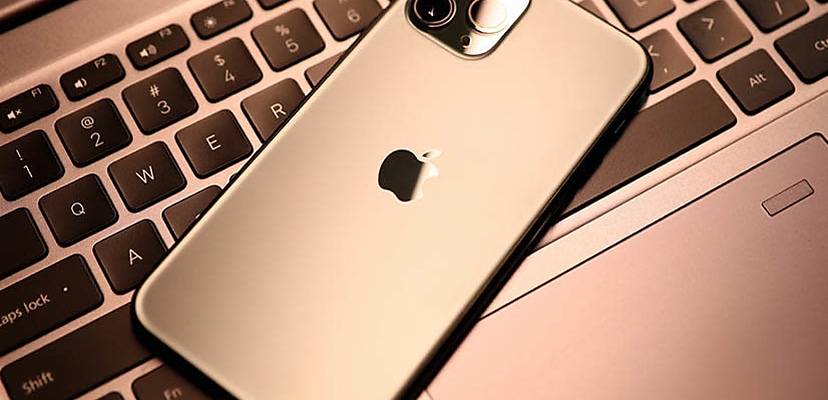Share this article on:
Powered by MOMENTUMMEDIA
Breaking news and updates daily.
Russia-based Kaspersky Labs has joined Russia’s Federal Security Service (FSB) in announcing the discovery of an alleged spyware campaign orchestrated by the US National Security Agency with the assistance of tech company Apple.

Kaspersky announced in a separate blog post that it had uncovered a “complex, professional targeted cyber attack” aimed at iPhones owned by employees of the company. Those targeted were in the middle and top levels of Kaspersky’s management structure.
While Apple is not called out as being a party to the campaign in its blog post, the FSB did not hold back in its own statement.
“The FSB has uncovered an intelligence action of the American special services using Apple mobile devices,” the FSB said.
The statement went on to note the “close cooperation” that existed between the NSA and Apple. Despite making the bold statement, the FSB did not provide any evidence of a link.
While it’s clear that Kaspersky’s own statement heavily insinuates Apple’s involvement, it does not go so far as to call them out. But it does present the fact that introducing this apparent level of interference would have been very difficult to achieve without high-level access to Apple’s closed garden operating system.
“We believe that the main reason for this incident is the proprietary nature of iOS,” Kaspersky said in its blog post. “This operating system is a ‘black box’, in which spyware like Triangulation can hide for years. Detecting and analysing such threats is made all the more difficult by Apple’s monopoly of research tools — making it a perfect haven for spyware. In other words, as I’ve often said, users are given the illusion of security associated with the complete opacity of the system. What actually happens in iOS is unknown to cyber security experts, and the absence of news about attacks in no way indicates their being impossible — as we’ve just seen.”
While Kaspersky’s post did not mention the full number of infected devices, the FSB said it was in the thousands and targeted foreign diplomats as well as some Russians.
The NSA has declined to comment, but Apple has denied the charges.
“We have never worked with any government to insert a backdoor into any Apple product and never will,” Apple said in a statement.

David Hollingworth has been writing about technology for over 20 years, and has worked for a range of print and online titles in his career. He is enjoying getting to grips with cyber security, especially when it lets him talk about Lego.
Be the first to hear the latest developments in the cyber industry.